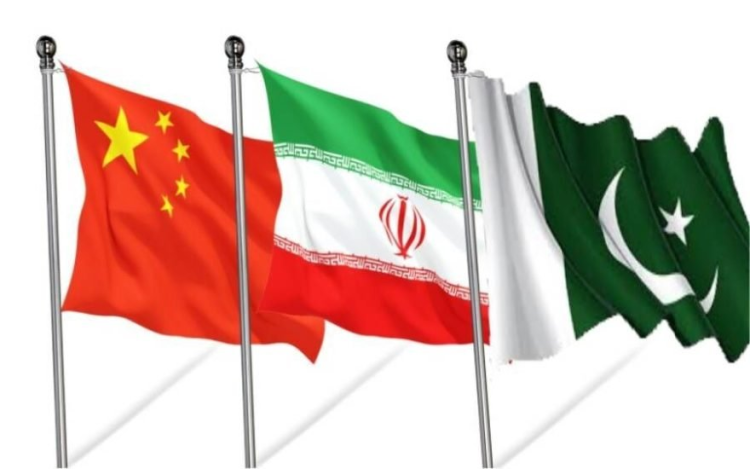ISLAMABAD: China, Pakistan, and Iran convened their inaugural trilateral meeting on counter-terrorism in Beijing, signaling a significant step towards enhancing regional security. The Foreign Office of Pakistan released a statement highlighting the detailed discussions held by the delegations from the three nations on the prevalent regional security situation, with a particular focus on the terrorism threat faced by the region.
As a result of the fruitful consultations, the three countries reached an agreement to institutionalize trilateral consultations on counter-terrorism and security. The statement indicated that further details regarding this arrangement would be finalized in due course. The Chinese foreign ministry also issued a statement underscoring the extensive exchanges between the three countries on the regional counter-terrorism landscape and their mutual decision to convene these meetings on a regular basis.
Pakistan’s delegation, led by Abdul Hameed, the Director General of Counter-Terrorism at the Ministry of Foreign Affairs, engaged with their Chinese counterparts headed by Bai Tian, the Director General of the Department of External Security Affairs at the Chinese foreign ministry. The Iranian delegation, led by Seyed Rasoul Mosavi, Assistant to the Iranian Foreign Minister, was also present. Additionally, Hameed and Mosavi had the opportunity to meet with China’s Assistant Foreign Minister, Nong Rong, during the trilateral meeting.
This recent trilateral engagement follows Pakistan’s earlier talks with China and Afghanistan in Islamabad. At the 5th Trilateral Foreign Ministers Dialogue held in May, Foreign Minister Bilawal Bhutto-Zardari of Pakistan, along with his Chinese and Afghan counterparts, Qin Gang and Mawlawi Amir Khan Muttaqi, respectively, engaged in productive discussions on various matters of mutual interest. These discussions encompassed topics such as political engagement, counter-terrorism efforts, trade, and connectivity.
The trilateral meeting between China, Pakistan, and Iran signifies their shared commitment to combatting terrorism and promoting regional security. It serves as a platform for continued cooperation and coordination among the three nations in addressing the evolving challenges in the region.



















